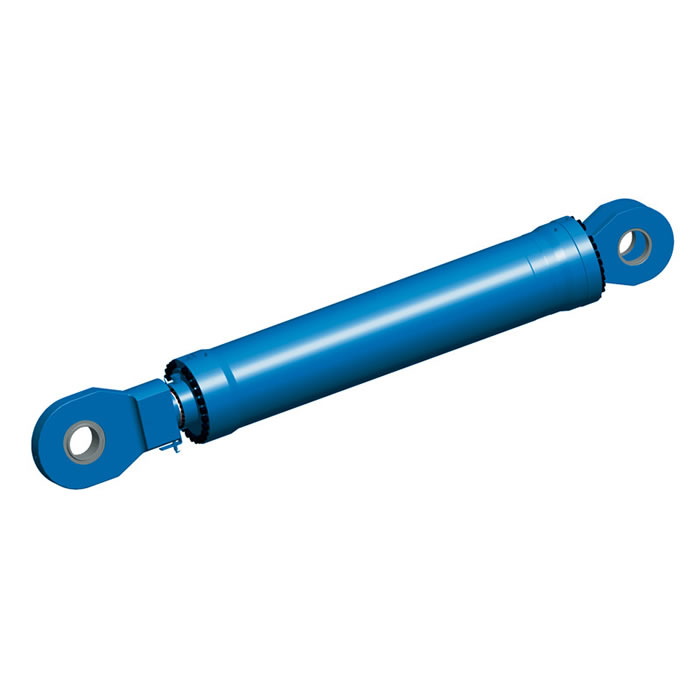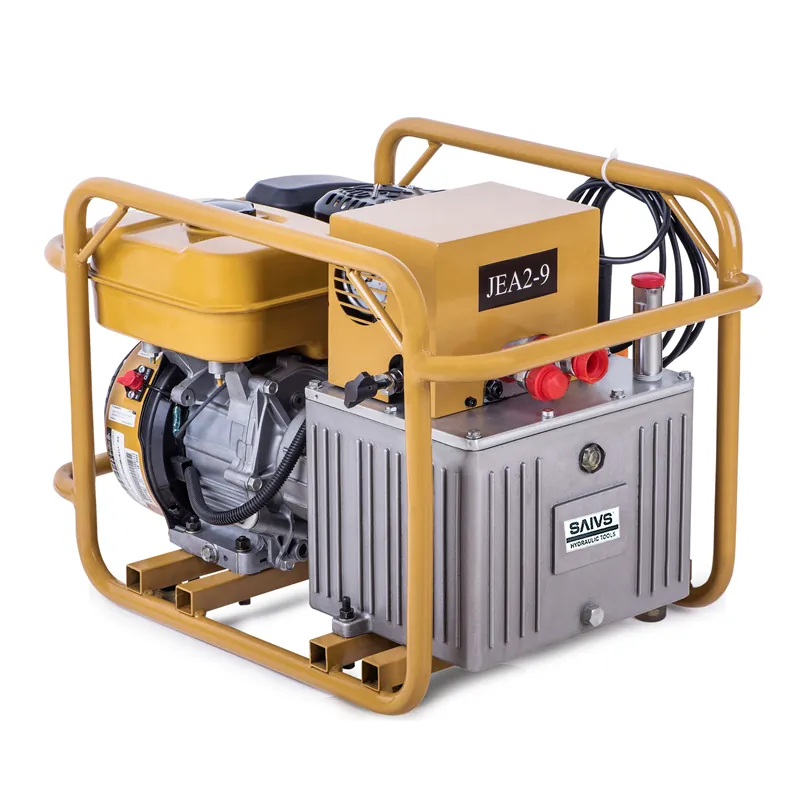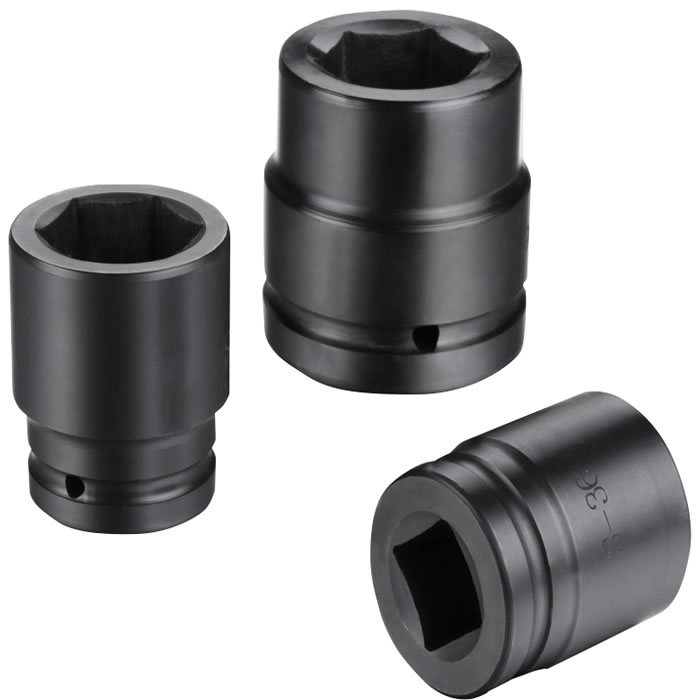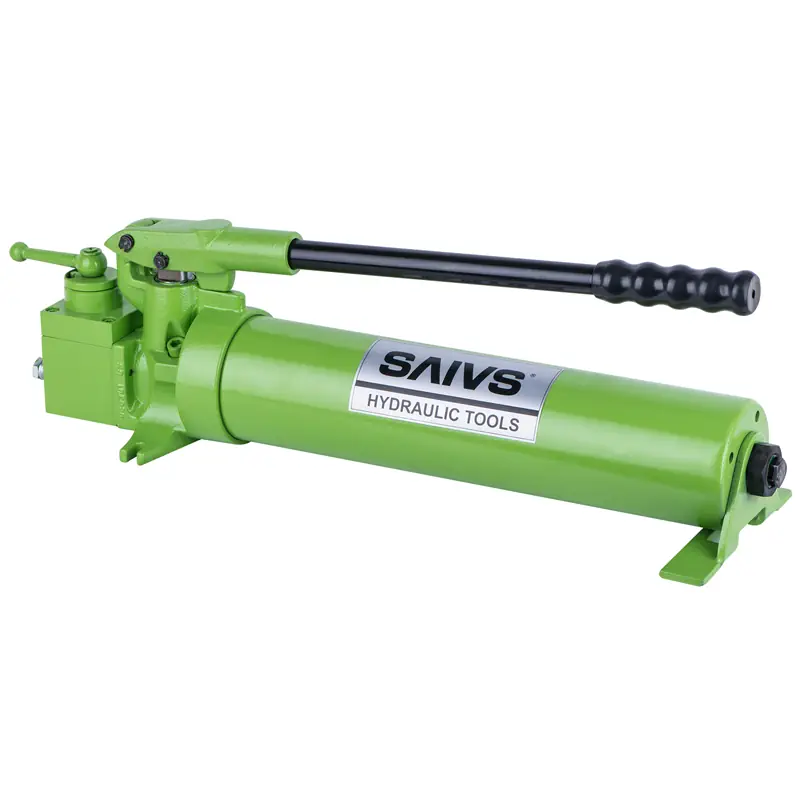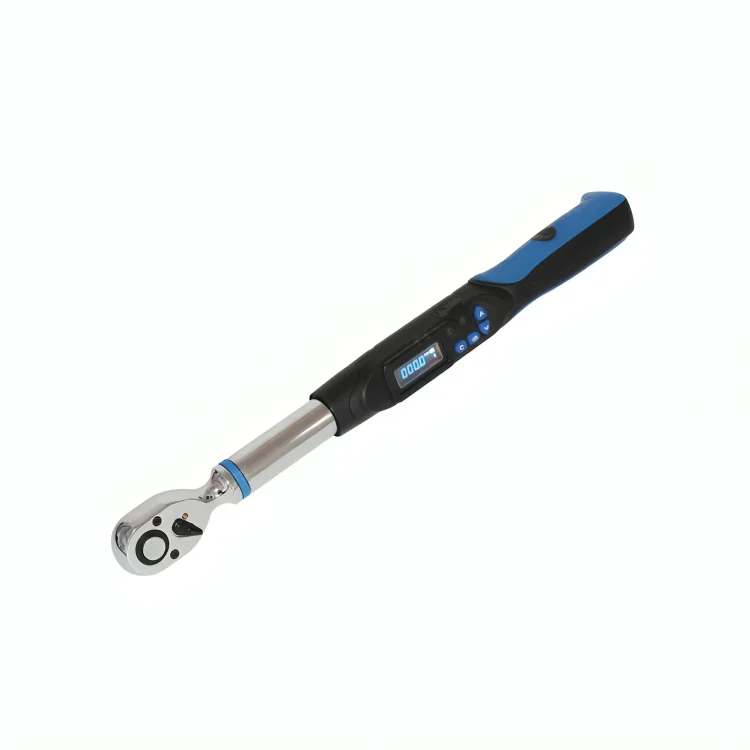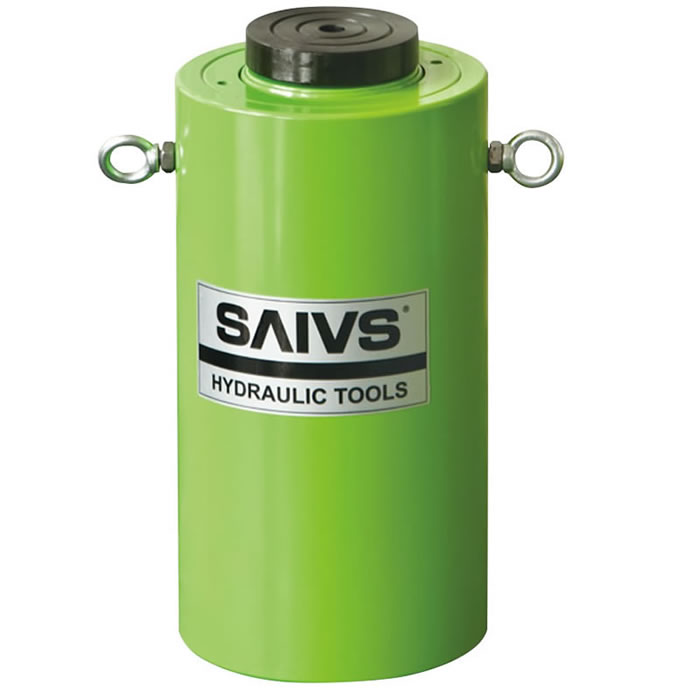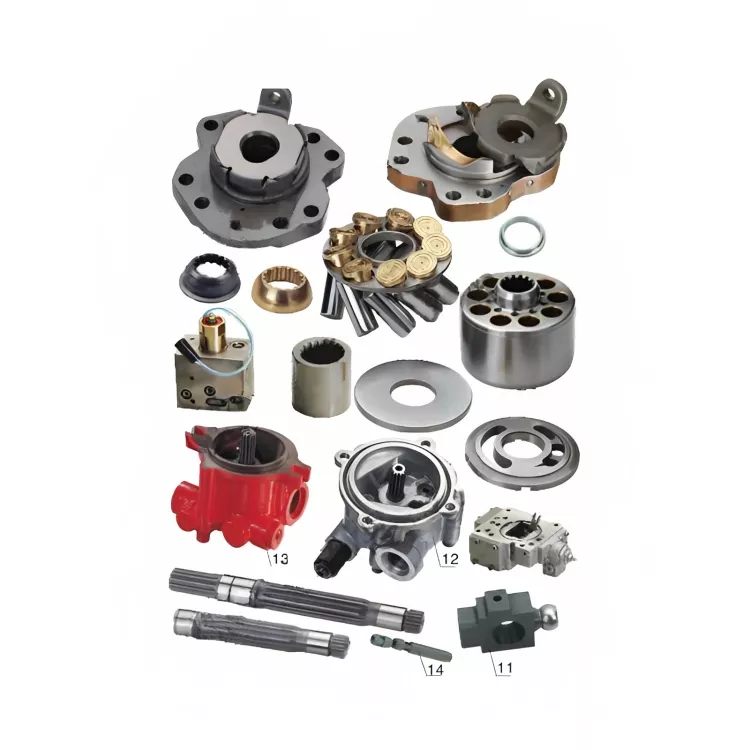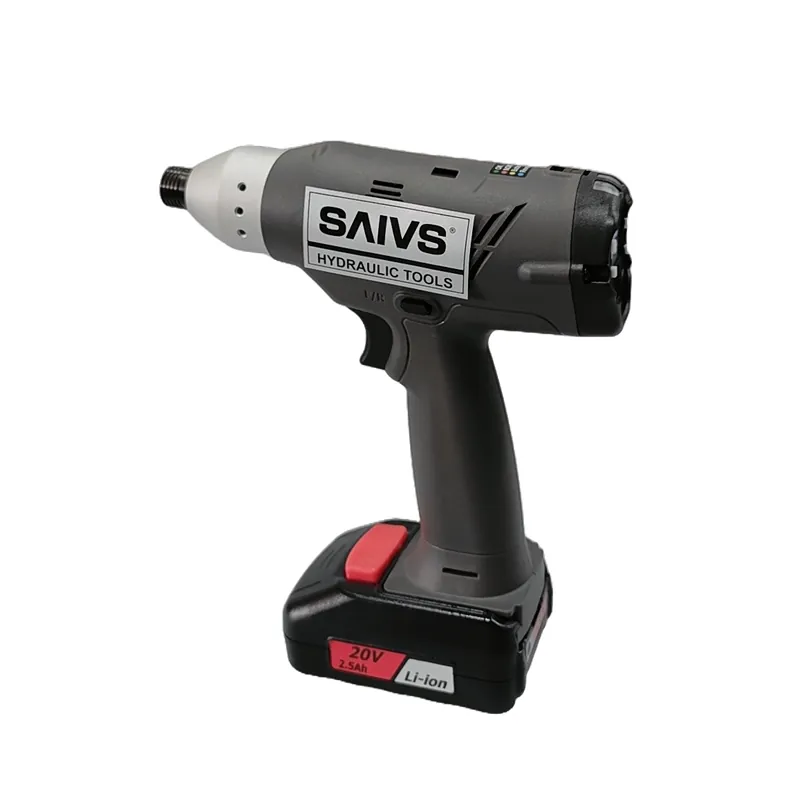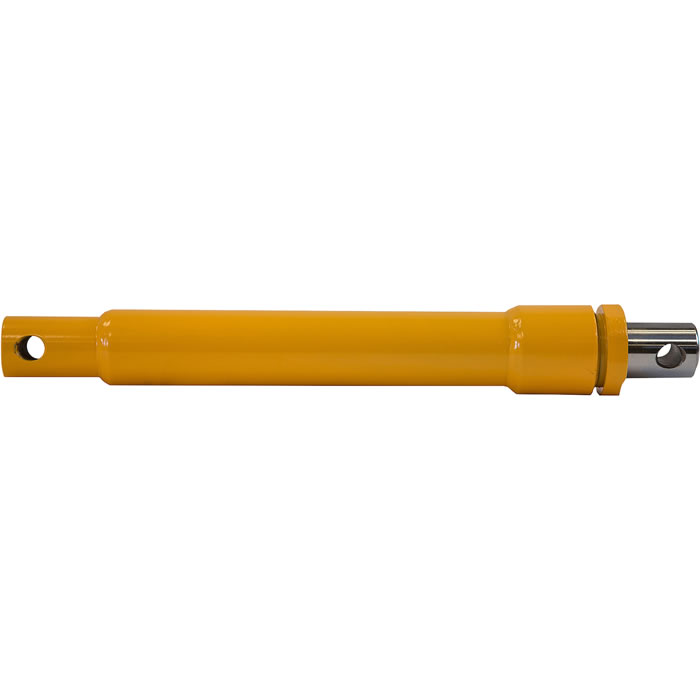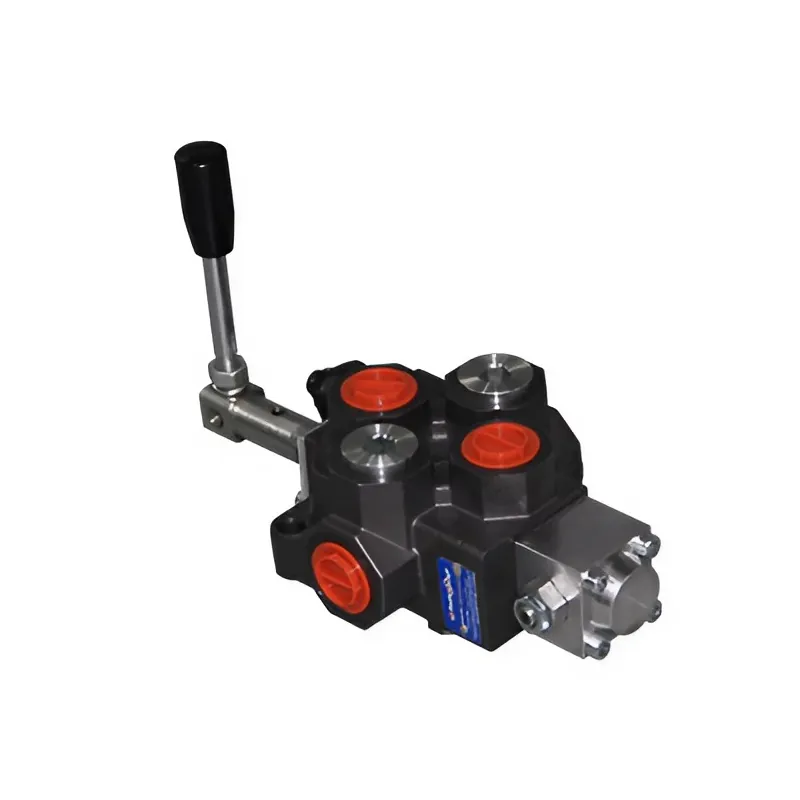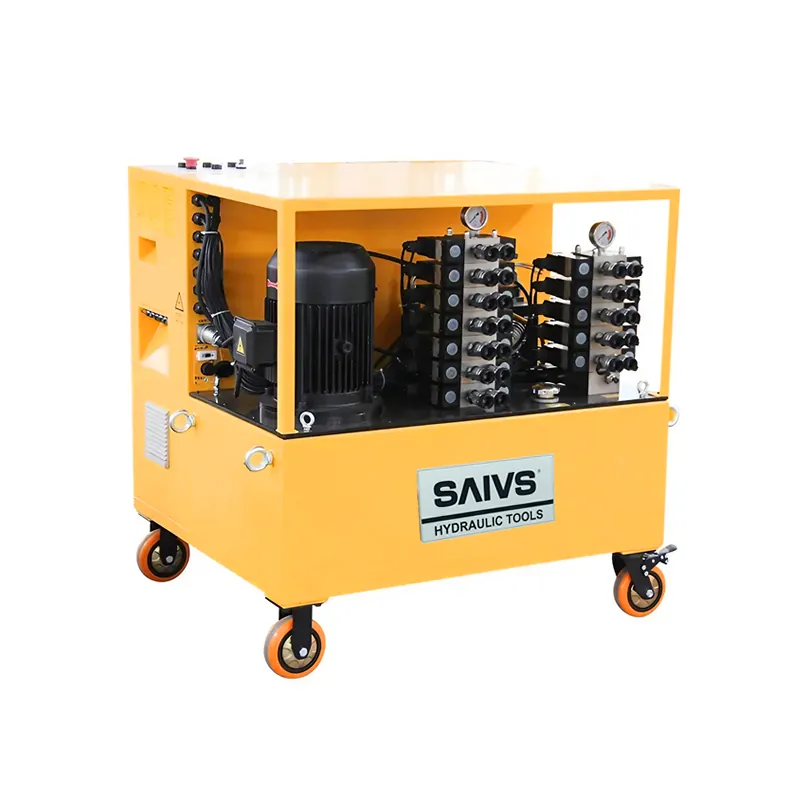Material requirements for marine hydraulic cylinders applied to ships
The material requirements for marine Hydraulic Cylinders need to be considered in more detail, taking into account the following aspects:
1. Corrosion resistance: Hydraulic Cylinders are often exposed to corrosive media such as seawater, salt spray, and humidity in marine environments. Therefore, the material needs to have excellent corrosion resistance to withstand the effects of corrosion and oxidation, while maintaining the integrity and performance of the material.
2. Strength and rigidity: Hydraulic cylinders need to withstand large forces and pressures. In marine operations, hydraulic cylinders also need to withstand external forces such as water flow, vibrations, and impacts. Therefore, the material must have sufficient strength and rigidity to ensure safety and reliability under various working conditions.
3. Sealing performance: Hydraulic cylinders need to have good sealing performance to prevent seawater, moisture, and impurities from entering the Hydraulic System. Maintaining good sealing can ensure the normal operation of the system and reduce the possibility of leakage and failure.
4. Wear resistance: Contact friction occurs between the piston and the cylinder body in hydraulic cylinders, and in marine environments, there may also be wear from particles and sand. Therefore, the material needs to have excellent wear resistance to increase the lifespan of the hydraulic cylinder and reduce maintenance requirements.
Common materials used for marine hydraulic cylinders include:
- Stainless steel: Particularly, 316L stainless steel with excellent corrosion resistance can withstand corrosion and oxidation in marine environments. Stainless steel has high strength, hardness, and wear resistance.
- Corrosion-resistant alloy steel: It has excellent corrosion resistance and high strength to resist erosion from seawater, salt spray, and other corrosive media.
- Copper alloys: Copper alloys are widely used in the marine industry due to their good corrosion resistance, strength, and thermal conductivity. Examples include aluminum bronze and manganese bronze.
The selection of suitable materials should be based on specific working conditions, design requirements, budget, and applicable specifications and standards. Additionally, factors such as material availability and cost-effectiveness should also be considered.

